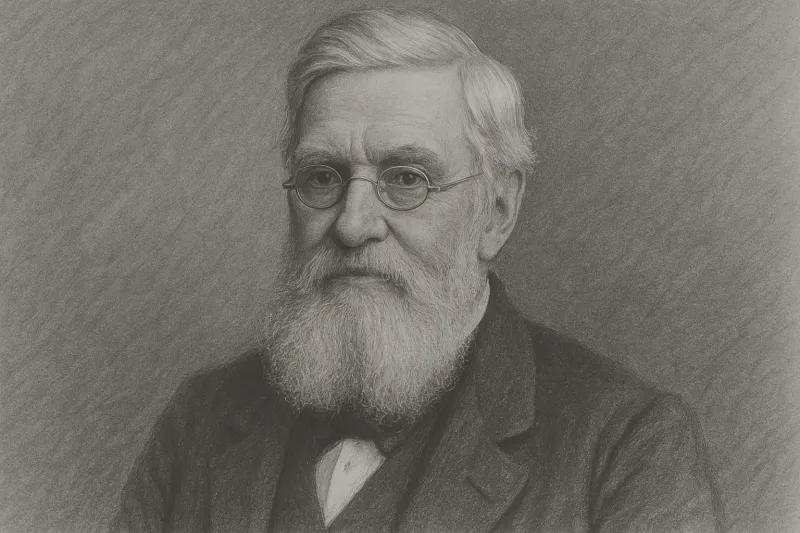Short Summary
Nettie Stevens was a pioneering American geneticist whose research in the early 20th century led to the discovery of the XY chromosome system determining sex. Her groundbreaking work established the chromosomal basis of sex determination, a key milestone in genetics. Stevens' contributions have had a lasting impact on the fields of biology and genetics, earning her recognition as one of the foremost female scientists of her time.
Early Life & Education
Born on July 7, 1861, in Cavendish, Vermont, Nettie Stevens was the daughter of Ephraim and Julia Stevens. Her family valued education, which laid the foundation for her academic pursuits. After completing high school, she enrolled at Westfield Normal School in Massachusetts, where she excelled in her studies. Stevens continued her education at Stanford University, receiving a Bachelor of Arts degree in 1899 and a Master of Arts degree in 1900. She later pursued her Ph.D. at Bryn Mawr College, where she developed a keen interest in cytogenetics, a field that would define her career.
Career Highlights
Stevens began her scientific career as a research fellow at Bryn Mawr College, where she conducted pioneering studies on chromosomal differentiation. Her meticulous observations and experiments led her to discover the role of chromosomes in sex determination. In 1905, she published a landmark paper detailing the presence of XY chromosomes in males and XX chromosomes in females, establishing a genetic basis for sex determination. Her work was recognized by the scientific community, and she continued to conduct influential research until her untimely death in 1912.
Major Achievements
- Discovered the XY chromosome system: Demonstrated that the presence of XY chromosomes determines male sex, while XX chromosomes determine female sex.
- Published groundbreaking research: Her findings were published in leading scientific journals, contributing significantly to the field of genetics.
Famous Quotes
- "There are many contributing factors in nature which may modify the action of chromosomes."
- "The chromosomes play a significant role in the determination of sex."
Interesting Facts
- Stevens' research was conducted at a time when women faced significant barriers in the sciences.
- She was one of the first American women to be recognized for her contributions to genetics.
- Despite her contributions, she was not fully credited until years after her death.
Legacy / Influence
Nettie Stevens' work laid the foundation for the field of genetics, particularly in understanding sex determination. Her discovery of the XY chromosome system remains a fundamental concept in biology, influencing research in genetics, medicine, and related fields. Her legacy as a pioneering female scientist continues to inspire generations of women in science.
FAQ
Q: Why is Nettie Stevens famous?
A: Because of her discovery of the XY chromosome system determining sex.
Q: When did Nettie Stevens publish her findings?
A: She published her landmark paper in 1905.
Q: Where did Nettie Stevens conduct her research?
A: She conducted her research at Bryn Mawr College.













